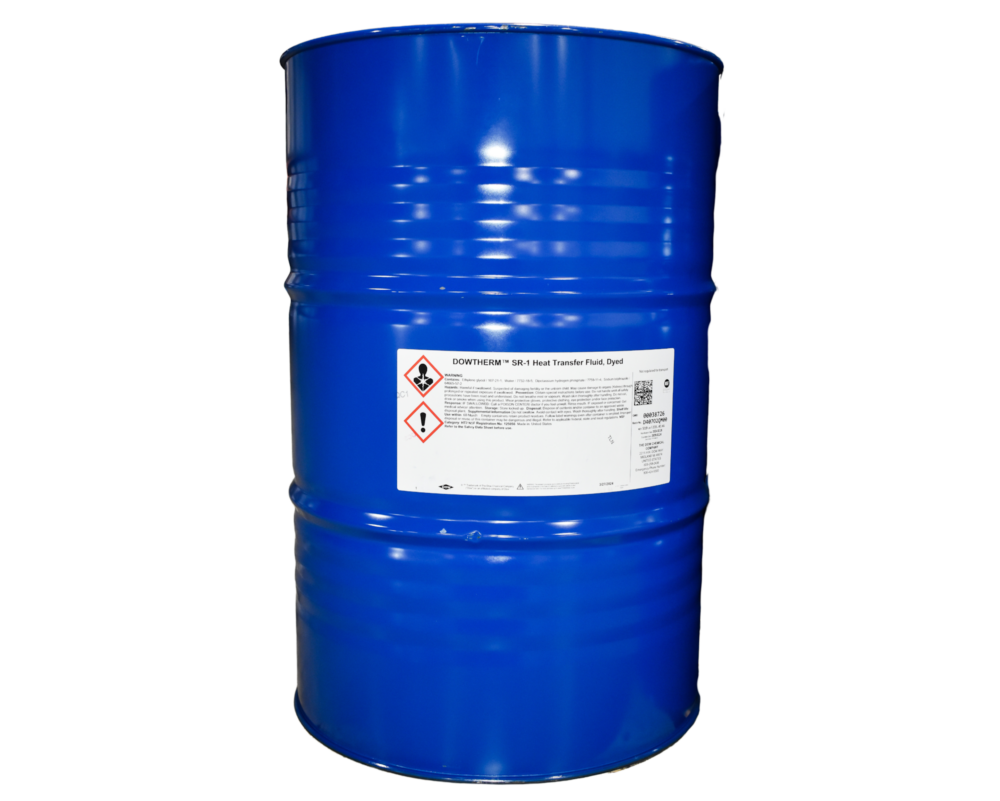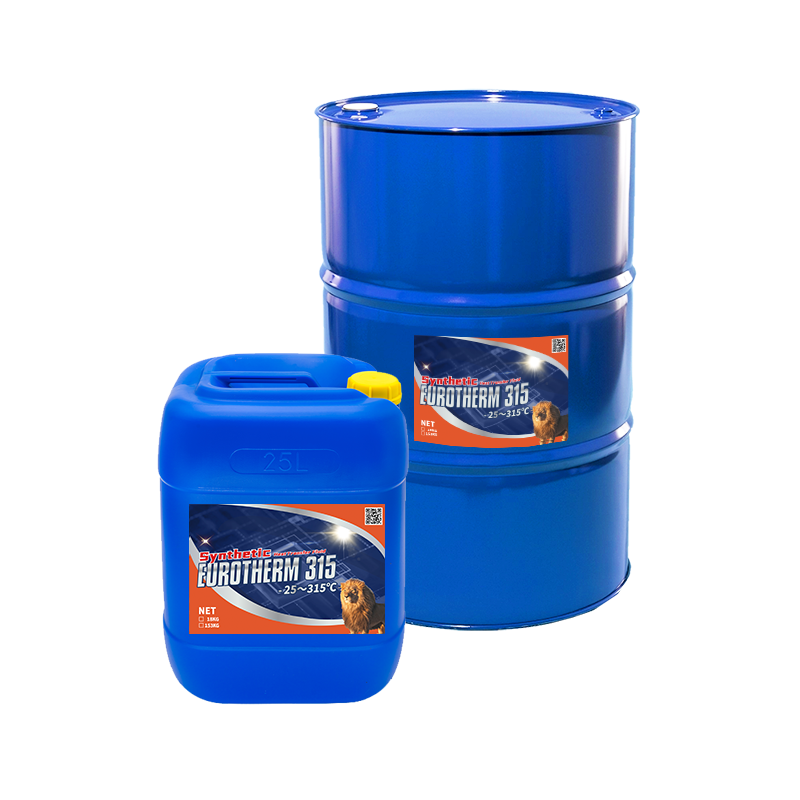Trick Advantages of Using a High-Performance Heat Transfer Fluid
Trick Advantages of Using a High-Performance Heat Transfer Fluid
Blog Article
Why Warm Transfer Fluid Is Essential for Optimizing Power Transfer in Equipment
The role of heat transfer liquids in maximizing power transfer is critical for achieving reliable thermal monitoring across various industrial markets. These liquids promote seamless warm exchange, guaranteeing procedures operate within optimum temperature level varieties and minimizing the risk of overheating. Their choice, based upon factors like thickness and thermal security, straight affects the performance and sustainability of a system. The ins and outs of selecting the ideal liquid are usually underestimated. What are the critical factors to consider for this option, and just how do they influence both financial performance and environmental obligation in industrial applications?

Duty in Thermal Monitoring
Warm transfer fluids play an important role in thermal management by effectively controling temperatures in various commercial procedures and systems. These specialized fluids facilitate the transfer of warmth in between different elements, ensuring optimal operating problems and stopping overheating. By maintaining specific temperature level control, warmth transfer liquids make it possible for markets such as chemical manufacturing, oil and gas, and power generation to operate safely and effectively.
The selection of an appropriate warmth transfer fluid relies on several aspects, including thermal security, heat capacity, and thickness. High thermal stability ensures that the liquid can endure severe temperatures without degrading, while a high warm capacity permits it to take in and launch considerable quantities of warm - heat transfer fluid. Reduced viscosity decreases the energy needed for pumping, adding to total system effectiveness
Furthermore, warm transfer fluids are important in applications like refrigeration, where they assist absorb and dissipate warmth during the cooling cycle. In solar thermal power systems, these fluids capture and transportation solar heat to produce power or provide warm water. Their adaptability to varied operating problems and ability to preserve consistent thermal performance emphasize their significance in industrial thermal administration, assisting in operational connection and boosting security measures.

Enhancing System Efficiency
To optimize the advantages of thermal monitoring, boosting system performance via the strategic use of warmth transfer fluids is paramount. By maintaining optimal temperature levels, heat transfer liquids help ensure that systems operate within their designed parameters, thus avoiding overheating and decreasing the threat of element failing.

Kinds Of Warmth Transfer Liquids
The diversity of heat transfer fluids underscores their vital duty in an array of commercial applications, each tailored to meet specific thermal monitoring needs. These fluids assist in effective energy transfer and are selected based upon crucial residential or commercial see here properties such as thermal stability, viscosity, and warmth ability. The primary kinds consist of water, glycol services, oils, and synthetics, each offering distinct benefits.
Water is one of the most usual warm transfer medium due to its high specific warmth capability and inexpensive. Its usage is limited by its cold and steaming points. Glycol mixtures, usually made use of in HVAC systems, give a lower cold point, adding convenience in numerous climates. Mineral oils are favored for their thermal security and non-corrosive nature, making them suitable for high-temperature applications.

These liquids guarantee remarkable efficiency in systems where standard fluids may fail. The selection of a heat transfer fluid is vital, as it influences system performance, safety and security, and long life.
Environmental and Economic Conveniences
Making use of the ideal web link heat transfer liquids offers considerable environmental and financial advantages for industrial procedures. Ecologically pleasant heat transfer liquids, typically biodegradable and safe, minimize the danger of dirt and water contamination in the occasion of leakages or spills, therefore securing ecosystems and conforming with rigorous environmental guidelines.
Economically, the best heat transfer fluid can considerably reduce operational prices. Liquids with prolonged lifecycle performance lower the regularity of substitutes and upkeep, minimizing downtime and associated costs. On the whole, the strategic use of optimum heat transfer liquids sustains sustainable economic development and environmental stewardship.
Selecting the Right Fluid
How does one browse the intricate procedure of picking the appropriate warm transfer fluid for commercial applications? Thermal stability makes visit site sure the liquid can stand up to high temperatures without weakening, while compatibility protects against corrosion or other detrimental reactions with system components.
Additionally, the fluid's heat ability and thickness are vital. A high warm capacity permits the liquid to absorb and move even more power, boosting effectiveness.
Final Thought
The calculated selection and application of warm transfer fluids are essential to optimizing energy transfer throughout different systems. By ensuring high thermal security and ability, these fluids supply precise temperature level control and improve overall system effectiveness.
Report this page